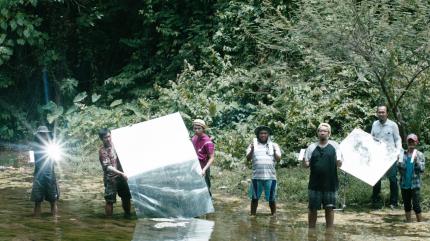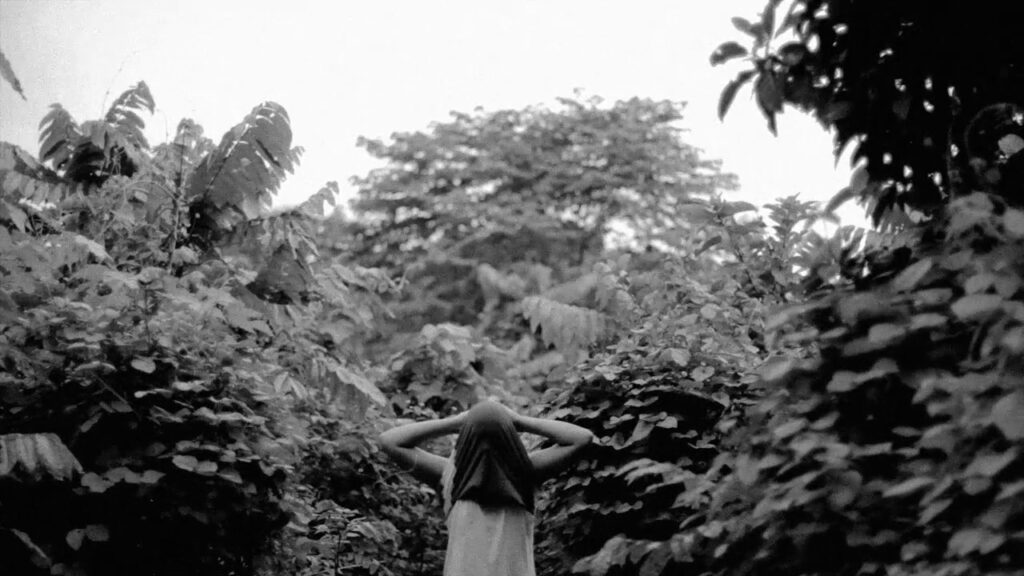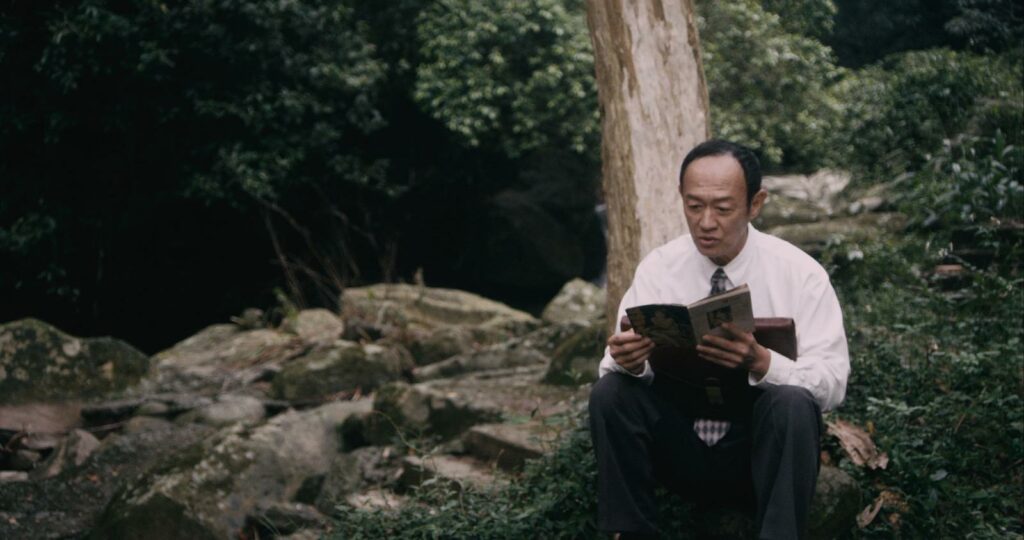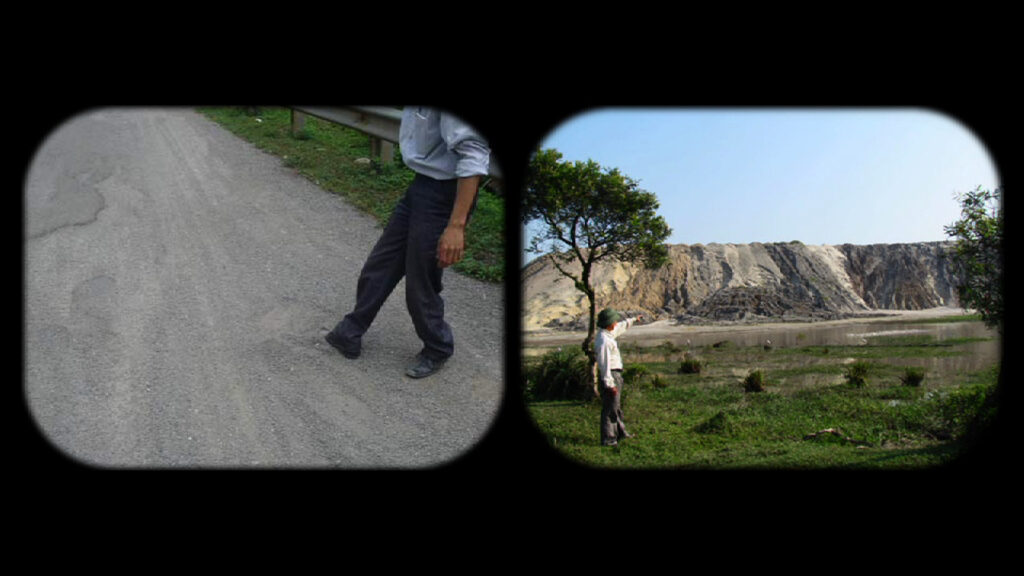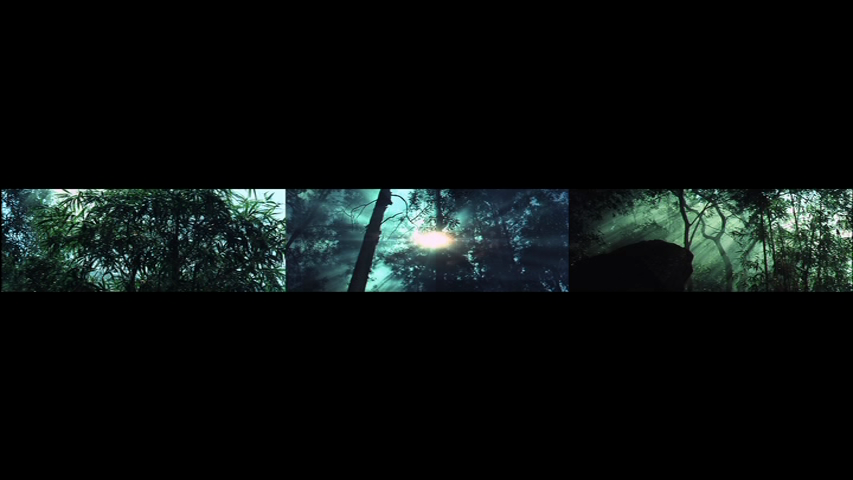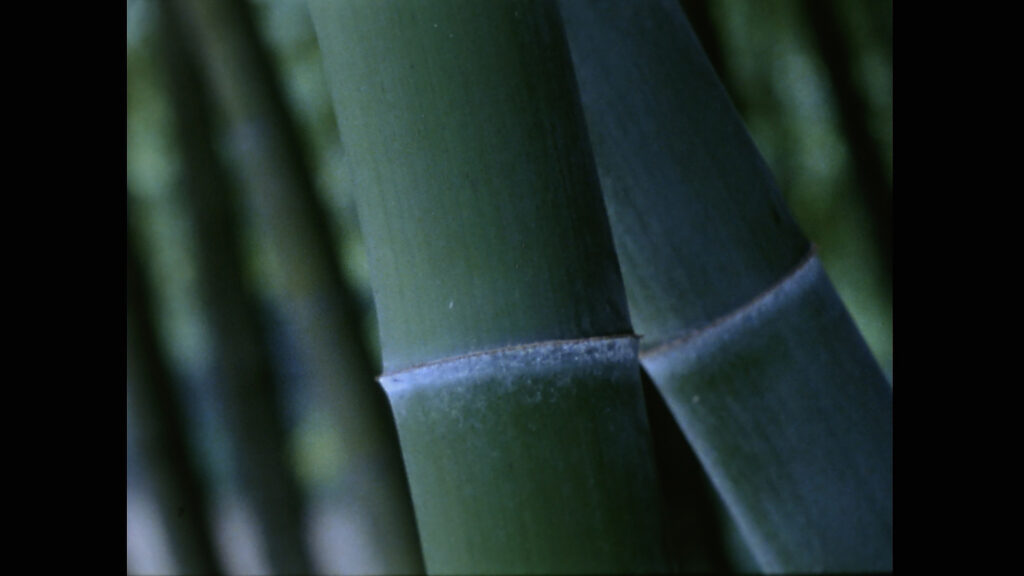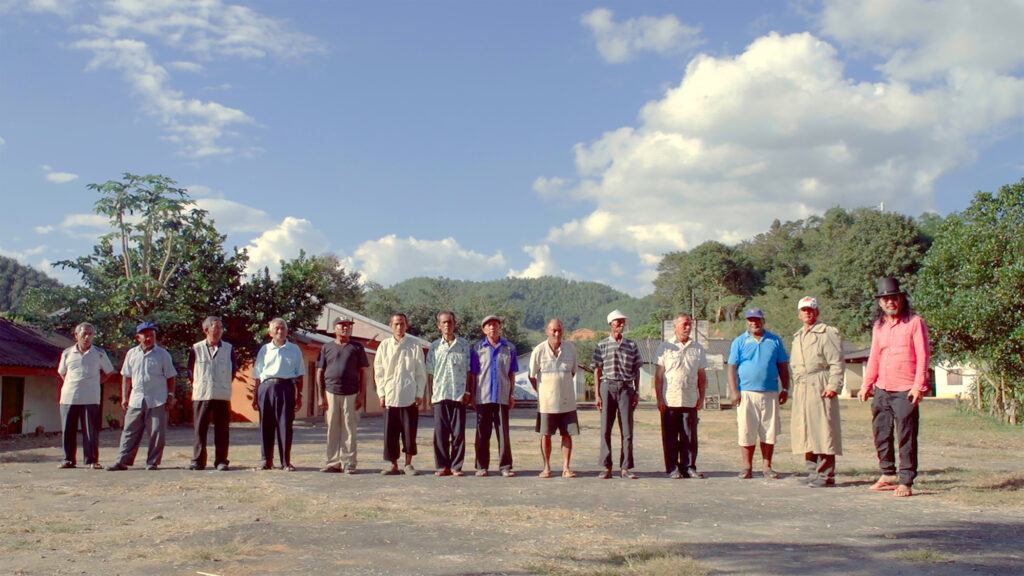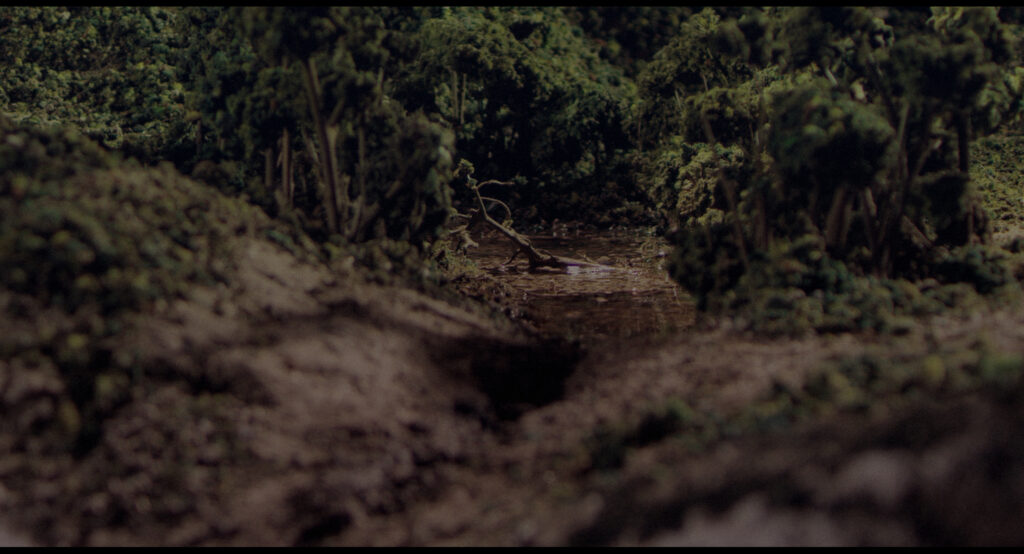Sensory, colourful and widescreen, the forest is already naturally cinematic.
Since the turn of this century, the forest has fascinated a new generation of global art filmmakers who have chosen the forest as a space for their creative exploration. ‘Screening the Forest’ takes nature as its point of departure by weaving together cinematic forests from India, Japan, Singapore, South Korea, Taiwan, Thailand, Vietnam and the Philippines. In some cases, the forest may even refer to nothing but a world construed as its own territory.
Like the real forest, where many genuses of trees coexist, the programme emphasizes that cinema is constructed not only culturally and aesthetically, but also ecologically or even animistically. As new strategies and interpretations of the forest emerge from a variety of Asian filmmakers, new trees can be sowed within our own imagination.
Q&A with curator Dr. Graiwoot Chulphongsathorn


